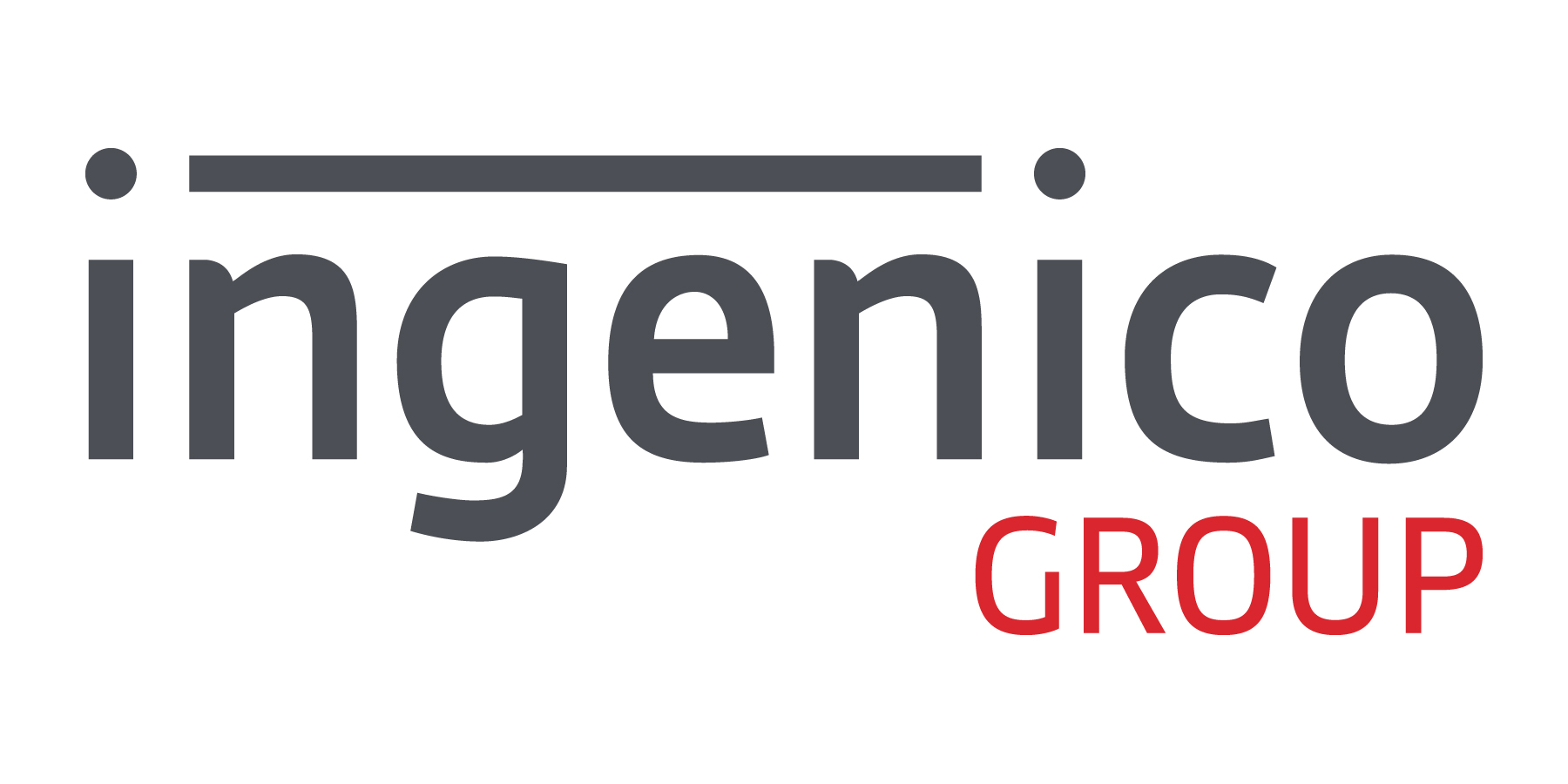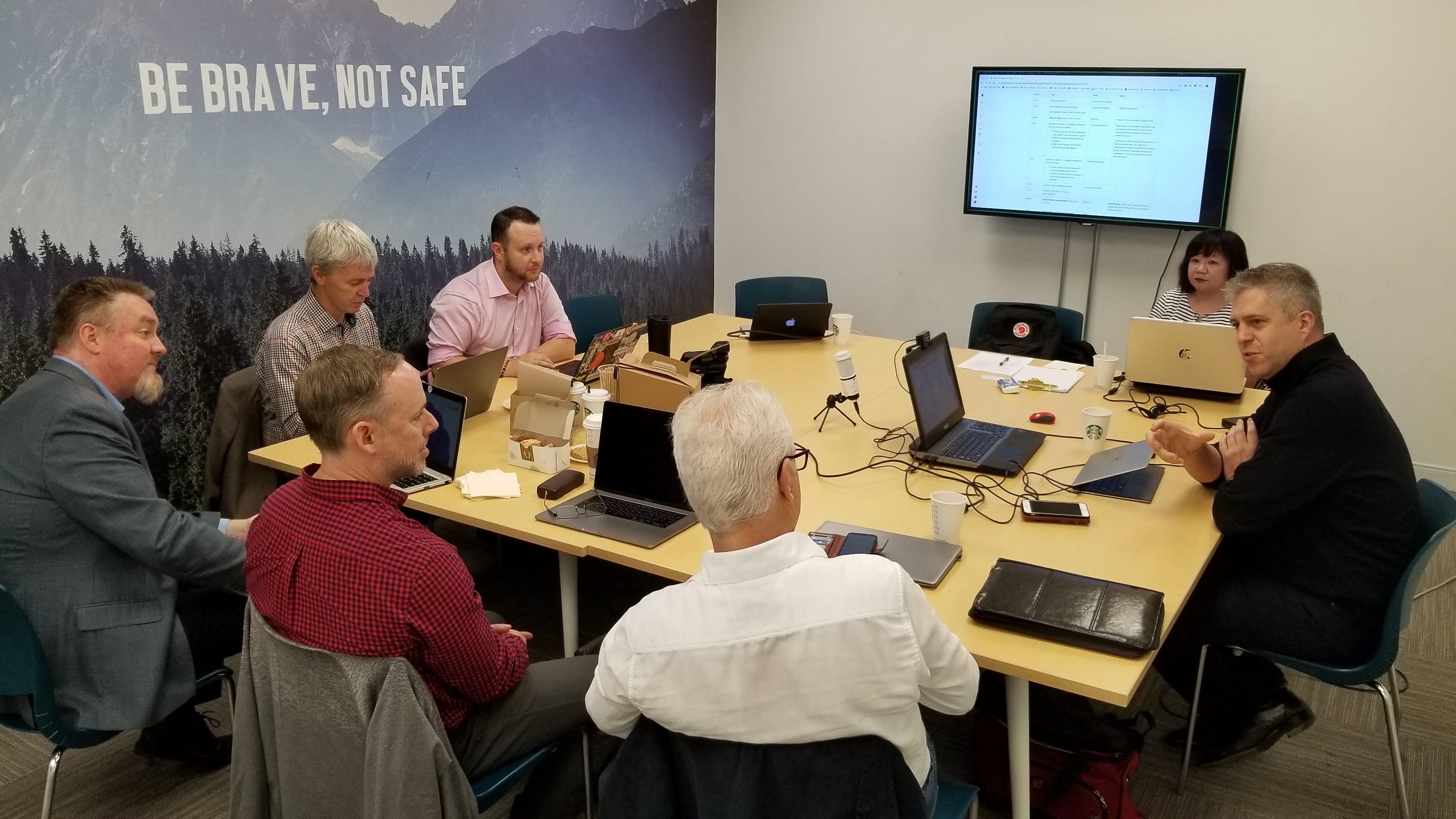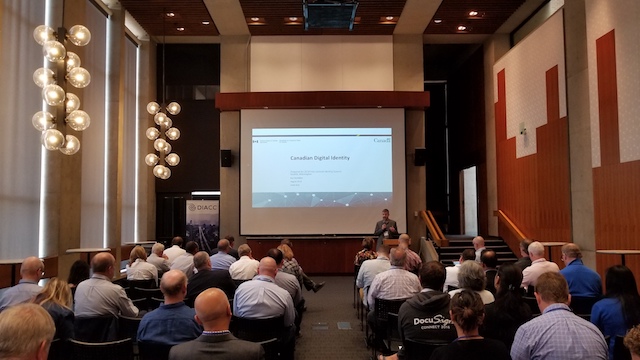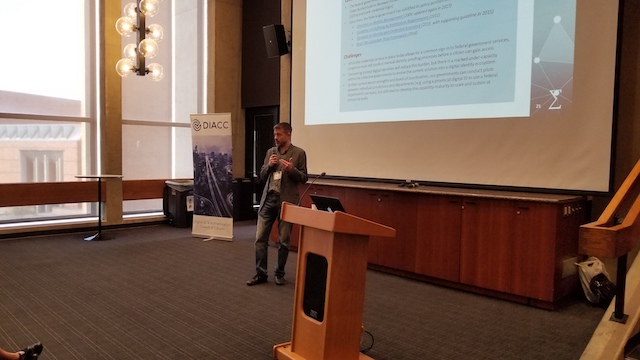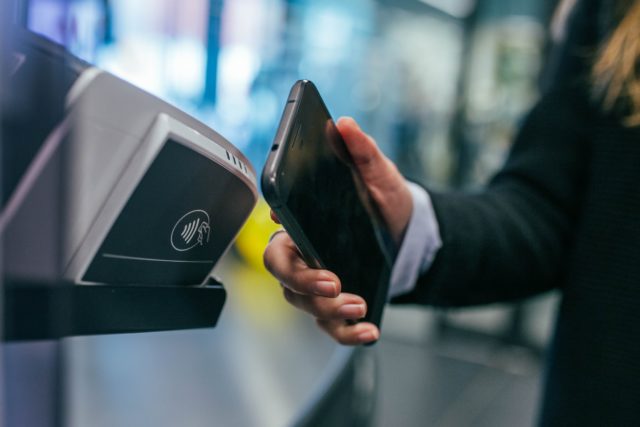On October 12, 2018, the federal government concluded their National Digital and Data Consultations, as part of their strategy to better understand how Canada can drive innovation, increase confidence in how citizen data is used, and prepare Canadians for the future of work and interaction in an increasingly digital world.
As part of the Government of Canada’s innovation plan, they looked to Canadians to share their views on what Canada needs to do to be at the forefront of a competitive, data-driven digital economy.
Members of DIACC participated in the consultation, representing diverse opinions of organizations in telecommunications, digital payment, authentication and more. DIACC’s members represent a mix of industries leading the charge in digital systems and innovation nationwide. Members answered 14 questions surrounding how Canada can improve digital access for all, what kind of regulations should be in place, and how Canadians feel about their privacy and security of data.
Key takeaways from DIACC members include:
1) Canadians haven’t been taught enough about how their data is used and the important role it plays in their lives and the economy
Education is critical. Canadians don’t know enough about the power, opportunities, and risks associated with data and, as such, they do not fully understand the impact that data will have on their lives and the economy. Consider the world before connecting the power grid. Most people could not understand the significant impact that access to consistent and reliable power would bring. Without the power grid we would not have computers or the internet. The impacts of data (both small and large) are difficult to imagine and comprehend.
In line with this, it’s also critical for subject matter experts’ to advocate for proper safeguards to be put in place to ensure that power is not abused.
2) Privacy and innovation go hand in hand
New innovation must have privacy measures considered and built in at all stages rather than contemplated at the very end. Canada should take this opportunity to focus on privacy as an empowering function in addition to being a protection. Canadian governments have the opportunity to issue digital evidence of identity and to make the value of that evidence available for Canadians to use in public and private sector contexts. DIACC members work to advance identity interoperability of identity capabilities so that Canadian startups, enterprises, and governments don’t need to solve for identity – or even worse – don’t solve for identity in a way that may be detrimental to their clients. The right identity solutions will free up Canadians to start businesses and transact with security, privacy, and convenience.
The Pan-Canadian Trust Framework – a set of industry standards and best practices – will play a key role in securing needed interoperability of privacy, security, and convenience of use of public and private sector identity solutions. Canadian public and private sector leaders are investing in identity by participating in DIACC to deliver the Pan-Canadian Trust Framework.
Innovative approaches to privacy and privacy-forward innovation are possible – and a key piece of our future.
3) While privacy is king, focus needs to evolve from “protecting” to “protecting and enabling” to improve digital access and ensure Canadians can fully participate in the modern economy
Ultimately, protection of personal data and privacy must always be the first priority, especially as industries adopt innovative approaches to consumer transactions and digital identity. Governments and industries need to engage Canadian citizens to understand their views with respect to digital access, data, privacy, consent, and trust. Governments and industries need to ensure that appropriate legal and regulatory frameworks are in place to match these views and provide a foundation for technological, societal, and economic innovation.
Once this is in place, Canada can build on our notions of privacy and evolve from the foundation of purely protective thinking and toward protection, empowerment, and functional thinking. These subtle changes will help to ensure that transactions can occur everywhere from cities to remote settings and with security, privacy, and convenience. This is key to enabling all Canadians to have the opportunity to access resources, start a new business, develop a new technology, and more.

4) Canada has a strong regulatory foundation in place – but we must move quickly to support citizen access and privacy rights and to empower business competitiveness globally
Laws and regulations need to evolve to keep up with the interpretation and/or application (including the violation) of privacy rights. Small businesses may be more nimble when it comes to encouraging new system architectures and challenging the status quo.
Consumers need to play a role in protecting themselves online. Secure tools for information sharing, as well as greater education would help. Business competitiveness is comprised of more than regulations (e.g. tax structures, etc.). However, in a digital context, digital identity, documentation and verification could create efficiencies, reduce operational costs and yield unrealized economic potential.
We must evolve toward proportionality of access, engagement, and user management of data. Canada could do more to stimulate small businesses – particularly supporting open source developers, paths for SMEs to grow, and connecting governments to service providers. It is always a good idea to support Canadians who are innovating.
5) The world is interconnected, which means privacy rights extend beyond Canadian laws
Thinking about privacy in a purely Canadian context is challenging in a connected world. We would like to better understand Canada’s strategy for privacy in the context of a connected world – a world that we don’t fully control or have protective rights within.
Careful review of privacy and transparency considerations are also necessary in the business context of corporate officers, directors, and beneficial owners.
6) Individuals, businesses, and government all have to step up when it comes to protecting their data
Individuals need to be informed to make better decisions and given tools to engage in a more proportional way to access, manage, and safeguard data about them.
Businesses need to minimize data collection and only collect data that is necessary to complete a transaction. They need to make the protection of data a top priority. As an employee, owner, or shareholder, if you are exposed to working with Personal Information (PI), ask how it is safeguarded. Test the company policy.
Governments should prepare to issue verifiable evidence of identity and make that evidence available to Canadian residents and businesses to use in public and private sector transactions. The Public Sector is best placed to drive forward on foundational elements such as education and regulation.
Emerging technologies and data capabilities are creating unprecedented opportunities for innovation and disrupting the status quo. The way people interact, communicate, transact and access information in their day-to-day lives is transforming, as is the way businesses operate and government interacts with the public. Canadians, businesses, and government need to understand their potential roles and power in this digital landscape.
The consultations are the next step in Canada’s Innovation and Skills Plan, a plan that will make Canada a world leader in innovation and create well-paying jobs from coast to coast. Now is the time for the Canadian government to recognize Digital ID as a critical resource and include it as a priority in future national policies.

